ASEAN shifts focus to decentralised energy systems
Public-private cooperation is key to securing ASEAN’s energy future.
As ASEAN nations strive for energy security, decentralising the energy system has become a critical focus, according to Francesco La Camera, Director-General of the International Renewable Energy Agency (IRENA).
Reflecting on lessons from recent energy crises, La Camera highlighted that “a centralised energy system…is not a system that provides for the resilience to shocks.” He pointed out that by decentralising and diversifying energy sources, ASEAN can build a more resilient, secure, and competitive energy market.
While governments are committed to moving toward a clean energy future, La Camera noted that structural barriers, including outdated infrastructure, slow the region’s shift to renewable energy. “We need grids that are interconnected, that are flexible, to have more renewables into the system,” he said.
La Camera highlighted the need for professionals trained in new energy technologies, along with a conducive regulatory environment to attract long-term investments in clean energy.
“We need to have professionals and workforce on the skillet and fitting to the new engine system,” he explained. A favourable legal framework, subsidies, and long-term contracts would make the region more attractive for renewable investments, especially from private sector players.
“Simply, we have to go faster,” he stated, calling for increased public-private cooperation to mobilise the necessary funding for this expansion. The public sector, he explained, should leverage private investments to scale clean energy initiatives across the region.
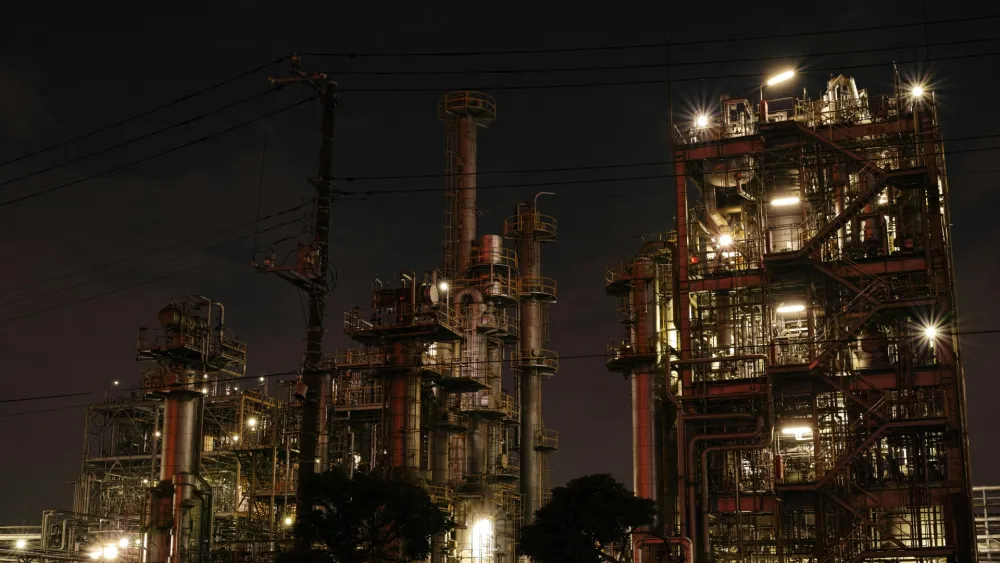
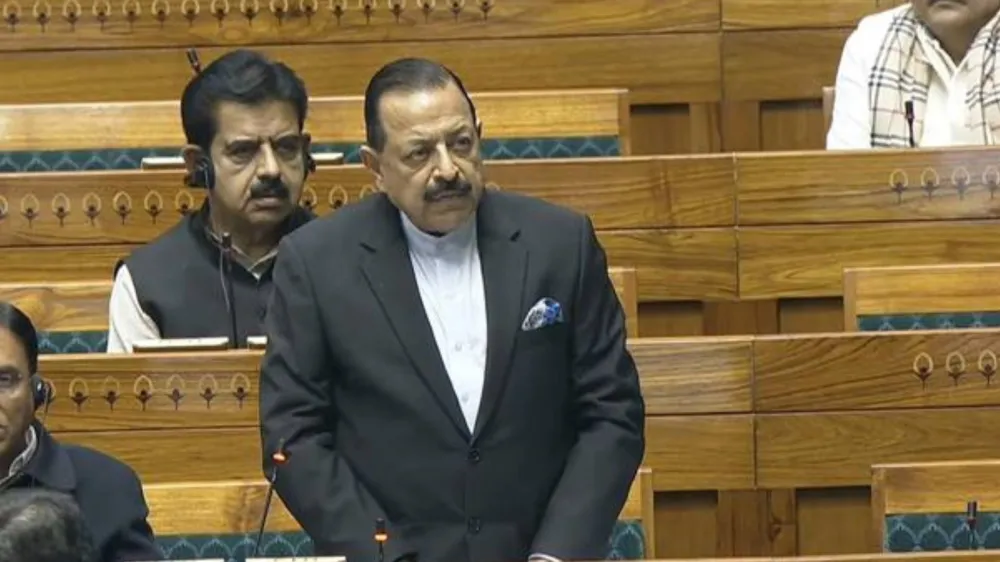
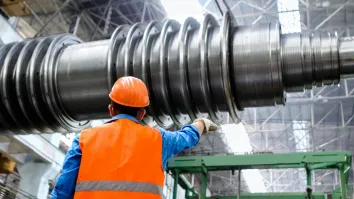
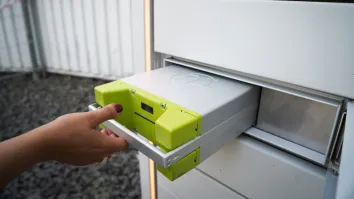
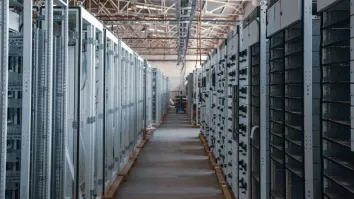
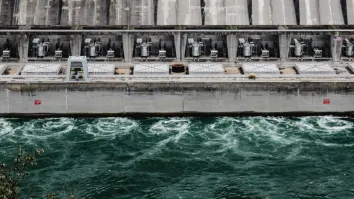













 Advertise
Advertise







Commentary
What a $635b investment push could mean for India’s refineries and thermal power plants